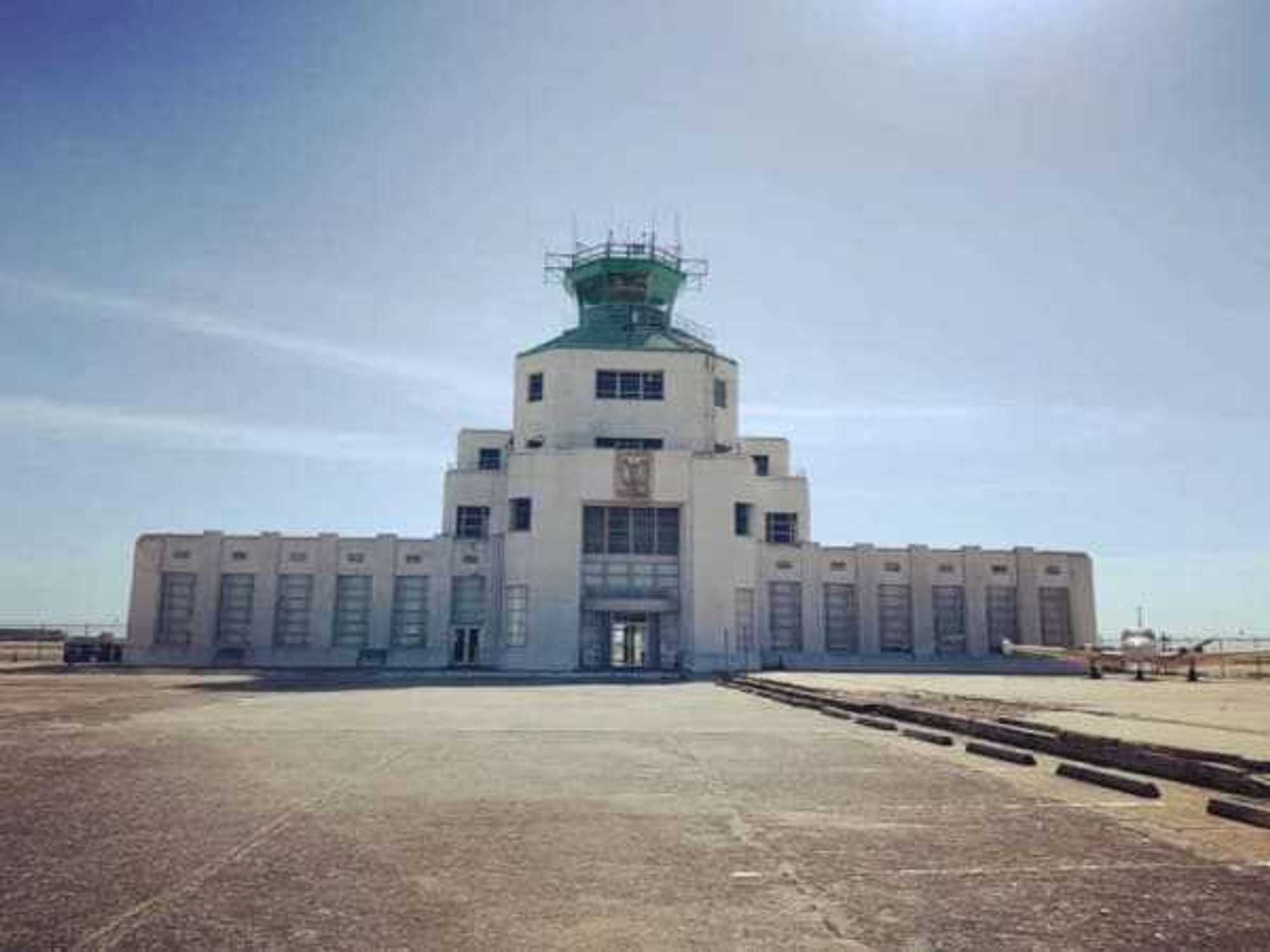Hipster Christian Housewife
Dealing with doubt about religion: It's part of any faith and nothing to beashamed of, nothing to hide

 Maybe the problem isn't doubting your religion. Maybe it comes in trying to hidethat doubt and pretend it doesn't exist.
Maybe the problem isn't doubting your religion. Maybe it comes in trying to hidethat doubt and pretend it doesn't exist.
I’ve rewritten this column three times since last Monday; that fact alone should speak volumes about how difficult this subject is for me. How difficult it is for many Christians, or believers of any faith, to talk about doubt.
We often think that there is no room for doubt within faith, that doubt is weakness. We worry, or at least I do, that the friends or family members who don’t share my faith will take me even less seriously than they already do, if I’m uncertain.
Last Sunday was Easter, and Easter is perhaps the most important day of the Christian calendar. A stark contrast to the solemnity of Lent with its emphasis on fasting, contemplation and self-examination, Easter is a celebration. It’s the day Christians the world over greet you by proclaiming, “He is Risen!” Then expect you to reply with the chipper quip, “He is Risen Indeed!”
It’s one day of the year with the littlest room for doubt.
What I’ve learned is Faith is not a drive by. It’s the Adirondack Trail. It’s a sometimes rigorous, daily climb.
Easter celebrates the most outlandish, outrageous claim that Christianity makes. It claims that three days after the itinerant rebel rouser from Nazareth suffered the fate so many others had — death by crucifixion — he emerged from his grave alive, intact and ready to eat with his friends.
The implications are, in shorthand, that if it happened for him, bodily resurrection from a physical death, it can happen for you and me. But perhaps the more relevant implication is the means to conquer all the metaphorical deaths we die everyday. The death of a dream, a relationship, a career — it’s all fair game for overturning.
The part of Easter that I struggle with is not the truth of the miracle. I’ve always had an active, creative imagination and it’s served my faith well. If I’m honest, I doubt whether or not this miracle that happened more than 2000 years ago really has the power to change me and my life today. Like, nowish.
Shortly after I became a Christian in my mid 20s, I imagined it was possible to be married and raise a family free of abuse and addiction. I had no proof. My parents’ marriage was a train wreck. So, when I said yes to my husbands’ awkward proposal in the front seat of his VW on a dirt road in Edge, Texas, I was taking a leap of faith.
I’d already cast my lot with the unseen Jesus and decided I could believe the outlandish Easter claim. And if I could believe that claim was true, if it ached in my bones from time to time with its truthfulness, I knew I could believe in anything.
But some days are harder than others.
A Hike
What I’ve learned in the 10 years or so since is Faith is not a drive by. It’s the Adirondack Trail. It’s a sometimes rigorous, daily climb, often with breath taking, panoramic views. But muddy trudges are part of it too.
Anthropologist T.M Luhrmann was interviewed on NPR’s Fresh Air about her new book When God talks Back: Understanding the American Evangelical Relationship with God.
I imagine Jesus is saying in this exchange, it’s OK that you have doubts, just don’t hide them from me.
I tuned into Luhrmann’s interview at the point at which she was discussing the struggle for many Christians to feel that their faith is true. She said that even after some people had accepted God wholeheartedly into their lives, they secretly feared it all might be a sham.
In a short four years, four of my friends have died. Each death kicked up my doubt. Two of these deaths were unexpected, two were not — though no less painful. During those times, I doubted everything — that God heard my prayers, that I would ever not be sad, that my heart and the broken hearts in my community would heal.
In the Gospel of Mark, recorded by the disciple who founded the first church in Egypt, a Roman soldier confesses his doubt. After seeing Jesus heal his dying son, he says: “Lord I believe; help me with my doubt.”
A picture of that mud-stained, tear streaked father has haunted me this week. I imagine him holding out his hands to Jesus, offering each palm stretched open. In one calloused hand he holds belief. After all he has seen the miracle with his own eyes. In the other hand, he holds doubt.
Even though this miracle has saved the life of his precious son, one that I would have given anything for too many times to count, he struggles to believe it really happened.
I imagine Jesus is saying in this exchange, it’s OK that you have doubts, just don’t hide them from me.
Perhaps God is asking us not to shout our certainties until we believe they are true, but to accept the specter of our doubt as a part of our faith. Perhaps the challenge is not to excise it but to offer it to God, to hold it loosely in an outstretched hand.
